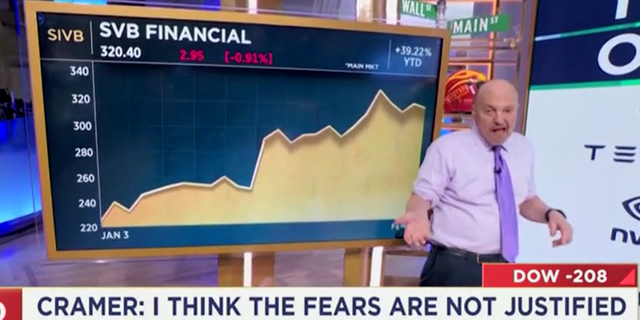Whistleblower: FBI’s D.C. Office Tried To Sic Local Agents On Innocents After Bank Of America Volunteered Gun Records
An FBI whistleblower told congressional investigators that the D.C. field office pushed local offices to open criminal investigations into Americans based solely on financial transactions Bank of America tracked and voluntarily provided to the bureau, according to testimony reviewed by The Federalist.
“Bank of America, with no directive from the FBI, datamined its customer base,” whistleblower and recently retired FBI supervisory intelligence analyst George Hill told investigators for the House Judiciary Committee, according to Hill’s testimony.
Hill had identified himself last month as one of the whistleblowers cooperating with congressional investigators when speaking with Just the News’ John Solomon about the disclosures he made to the House Judiciary Committee during a transcribed deposition. A review of Hill’s testimony confirms the details the military veteran and former longtime FBI and NSA analyst told Solomon. It also reveals more troubling details.
According to the material reviewed, Hill testified that on either Jan. 7 or 8, 2021, Bank of America provided the FBI’s D.C. field office a “huge list” of individuals who used Bank of America credit or debit cards in D.C., or the surrounding Maryland and Virginia areas, on Jan. 5, 6, or 7, 2021. Bank of America then elevated to the top of the list anyone who had ever (through Jan. 6, 2021) used a Bank of America product to purchase a firearm.
There was no geographic or date-range limit to the search for firearm purchases, Hill stressed, meaning the individual would be flagged at the top of the list had he “purchased a shotgun in 1999” in Iowa, and used a Bank of America credit card to check out of a hotel on Jan. 5, 2021, in the Northern Virginia area, following a trip that could be completely unrelated to the Capitol riot on Jan. 6.
The D.C. field office, which oversaw the Jan. 6 investigation, distributed the Bank of America list internally to field offices throughout the country, Hill testified in his deposition. Hill further explained that his supervisor at the Boston field office refused to open an investigation on the individuals flagged on the list because there was “no predication.” “There’s no crime that was committed by using a [Bank of America] product in the District or around the District,” Hill testified, explaining his supervisor’s reasoning for why no “further action” was required.
But the D.C. field office pushed back, according to Hill. The D.C. field office told Boston’s supervisory special agent, or SSA, he needed to open up the cases. When the local office’s SSA refused, the D.C. field office threatened to call the assistant special agent in charge, or ASAC, of the local office, Hill told the congressional committee. The SSA stood firm in his refusal, as did the local ASAC, Hill said, even though the D.C. field office then threatened the ASAC that it would escalate the matter to the office’s special agent in charge, or SAC.
The D.C. field office then pushed the office’s SAC to open investigations into the targeted Americans. But to the SAC’s credit, he refused, Hill noted, saying the Boston SAC countered, “No, we’re not going to open up cases based on credit card or debit card activity that took place.”
While Boston’s FBI office refused to open the requested cases, Hill stressed that “what I don’t know and could not give accurate testimony to,” was whether the D.C. field office “took it upon themselves to open cases.”
Hill’s deposition testimony raises another troubling possibility: that one or more of the other 54 local FBI field offices either complied with the D.C. field office’s initial request to open investigations into innocent Americans, or later capitulated when the D.C. office escalated the request up the chain of command to the ASAC and then the SAC.
The only reason the Boston FBI office did not launch investigations into the Bank of America customers flagged by the D.C. field office is that the Boston office’s leadership stood firm against the pressure. And the only reason we know about the D.C. field office’s attempt to target innocent Americans based on Bank of America’s data mining gun owners who happened to be in the greater D.C. area on Jan. 5, 6, or 7, 2021, is that a whistleblower came forward.
What the FBI’s other 54 field offices did in response to the D.C. field office’s pressure is unknown. According to a person familiar with Hill’s testimony, Hill had no information on that question either. Also unknown is whether any other private businesses mined the financial information of their customers, as Bank of America had, and then handed that private information over to the feds.
Congressional investigations and more whistleblowers will be needed to uncover the extent of the FBI’s political targeting of innocent Americans.
Bank of America did not respond to The Federalist’s request for comment.



